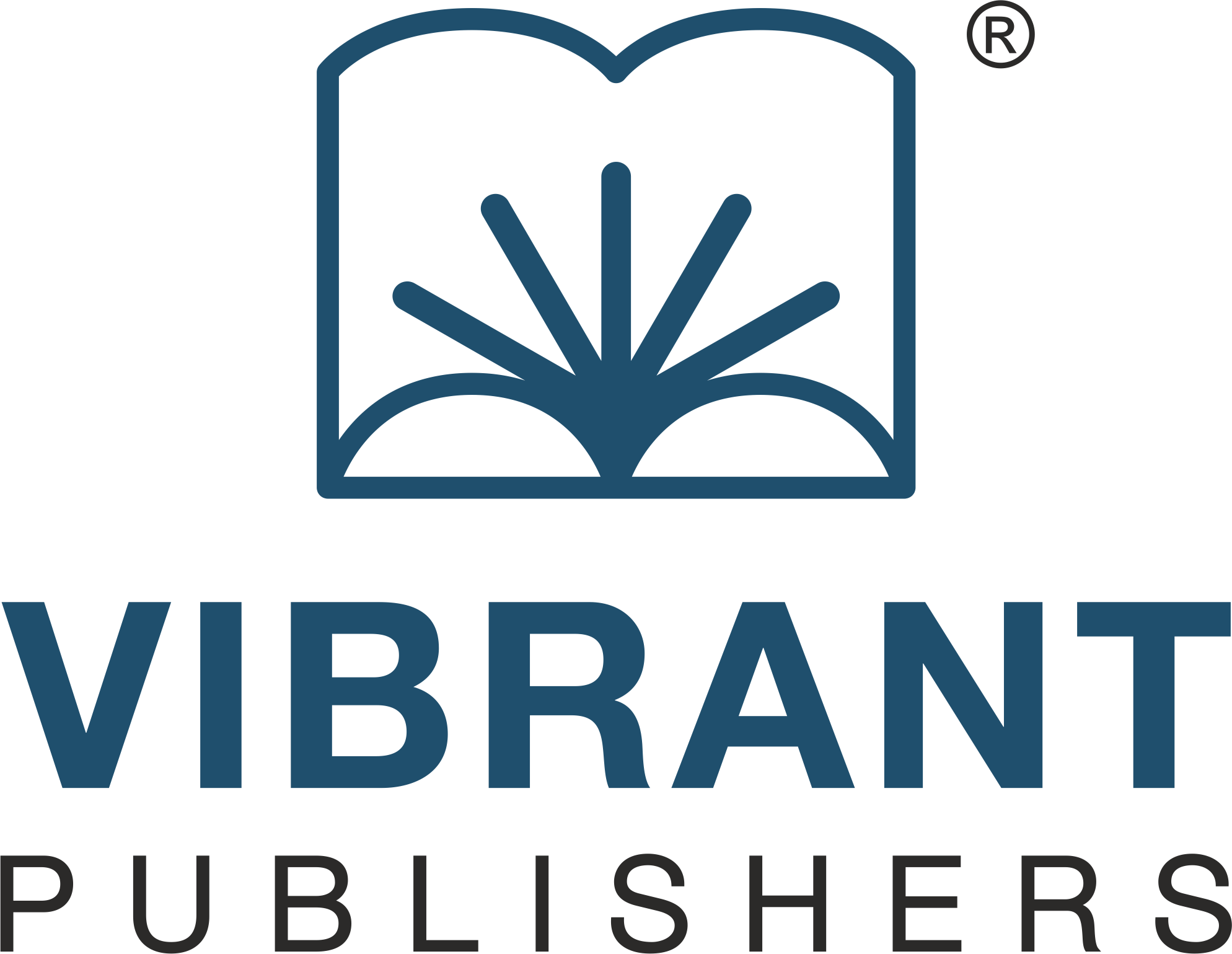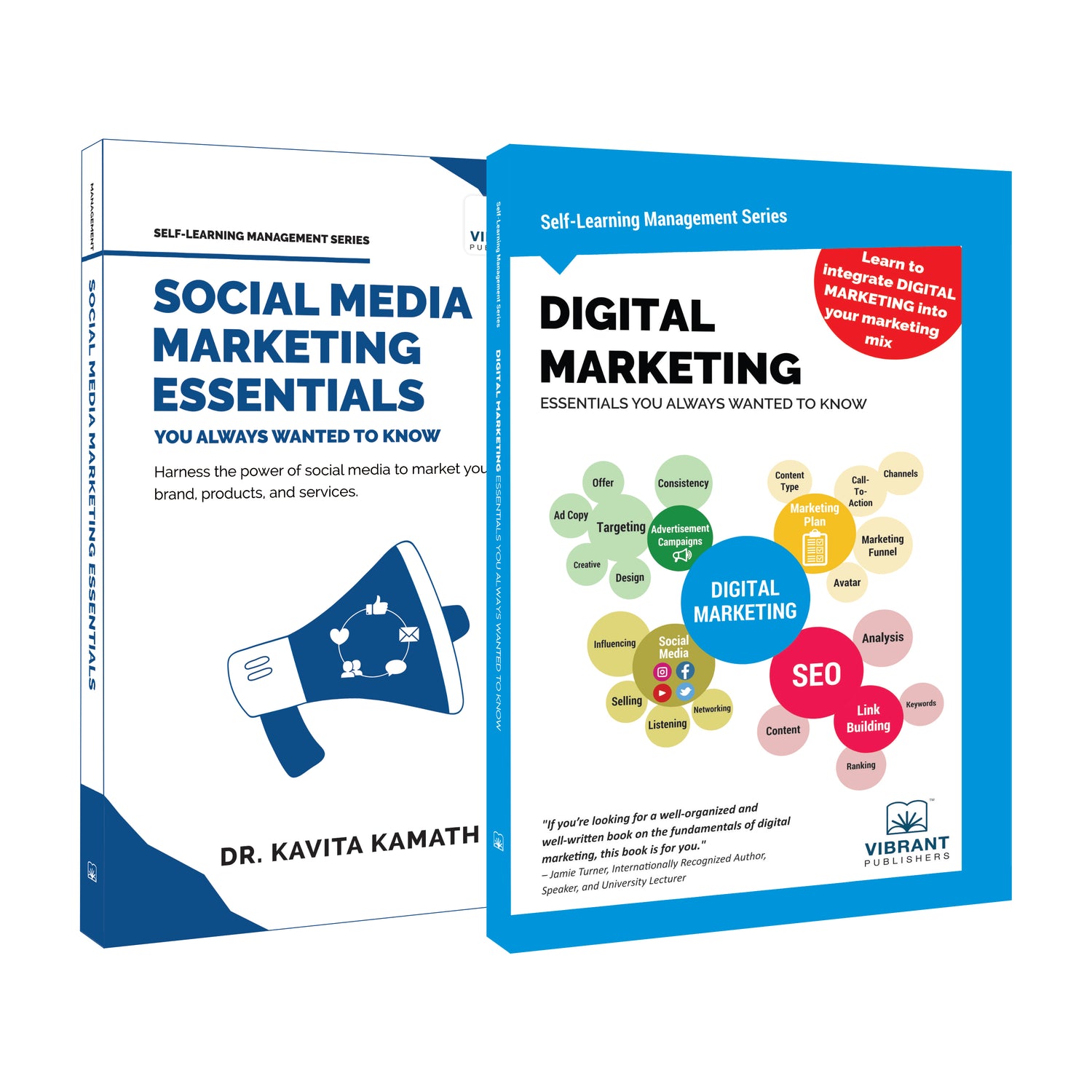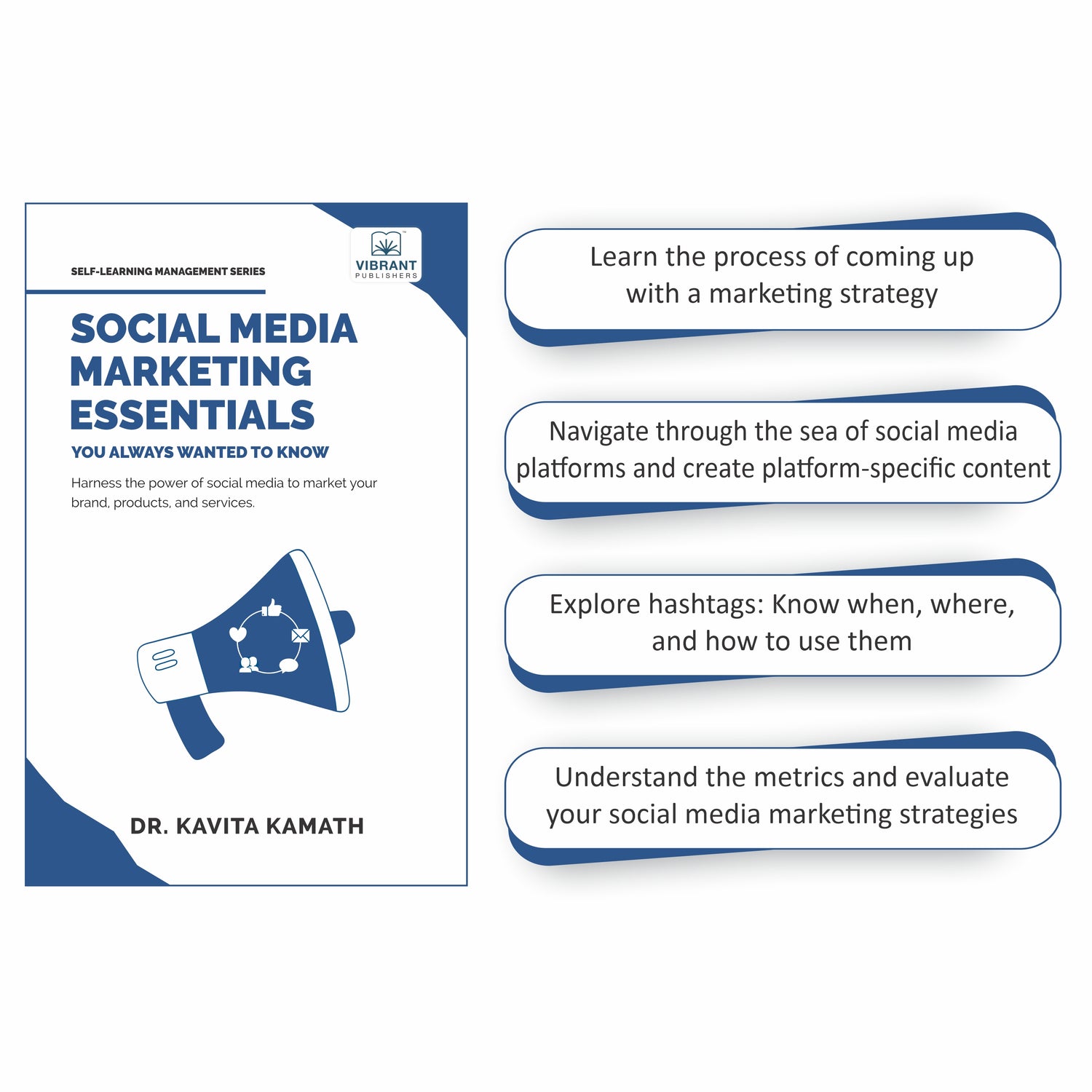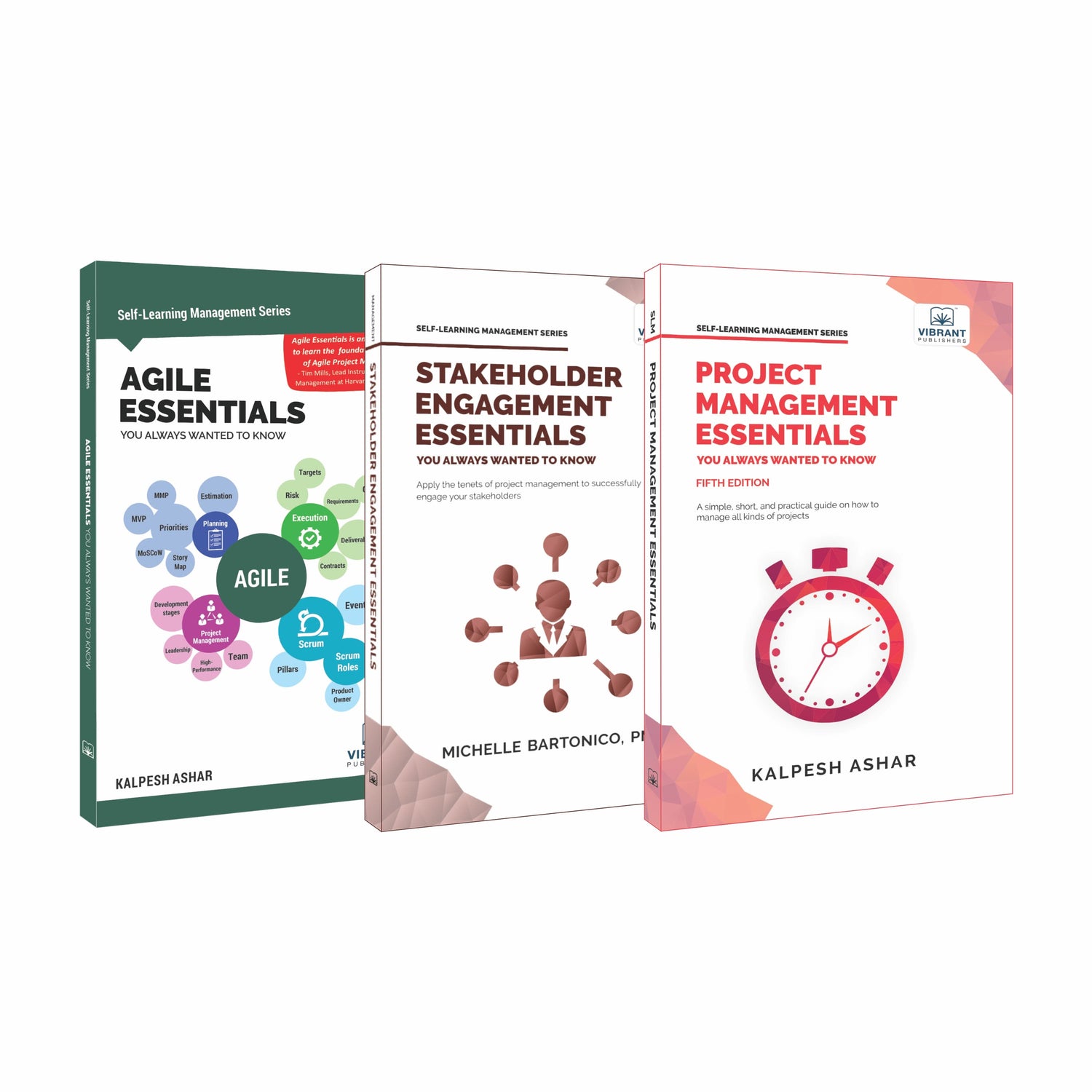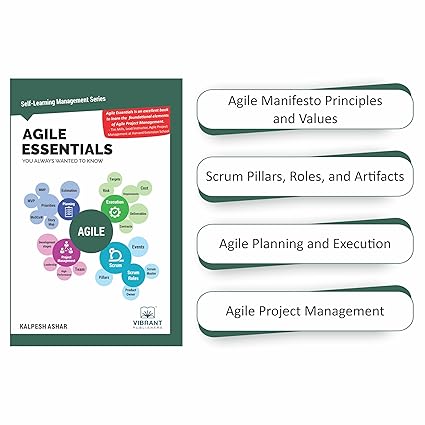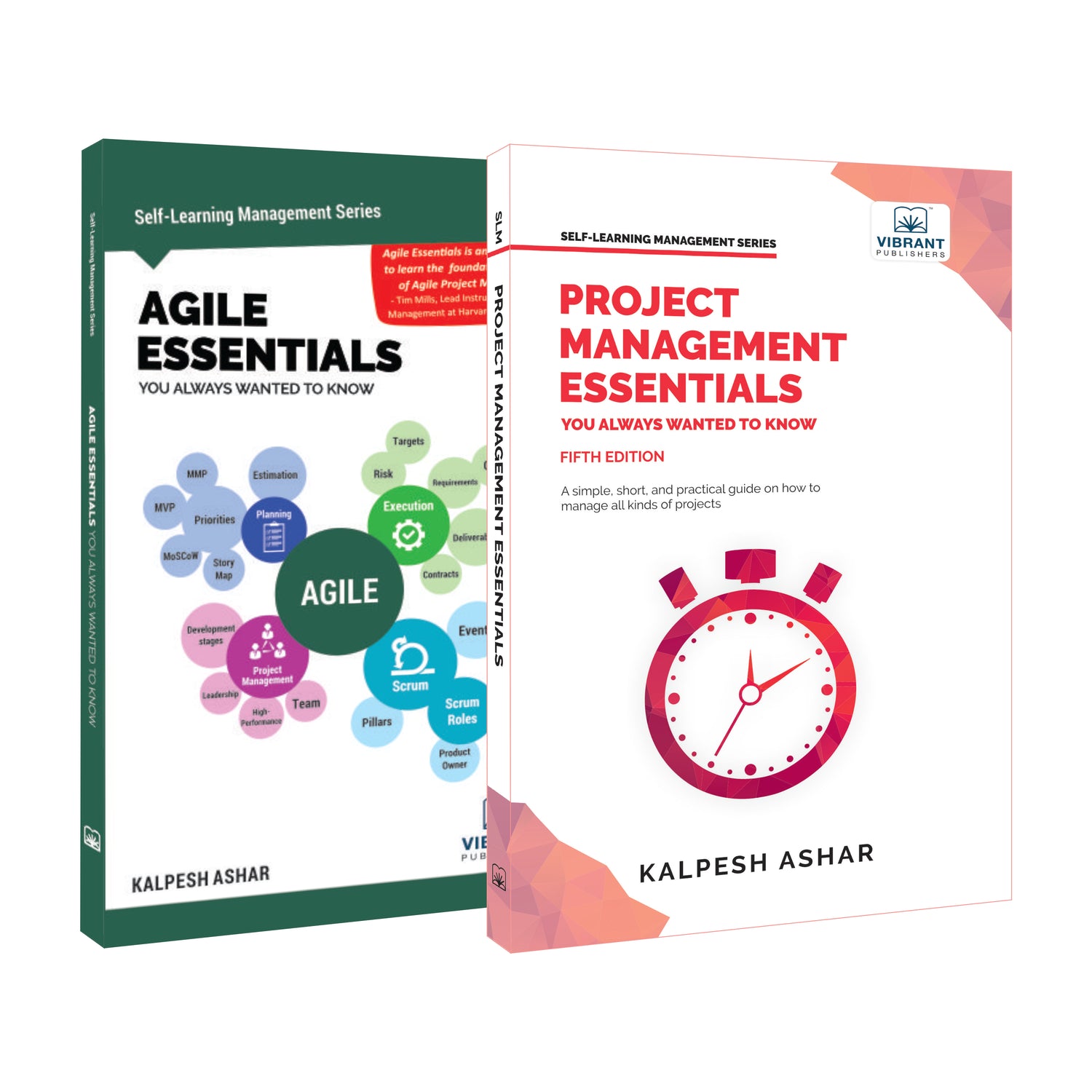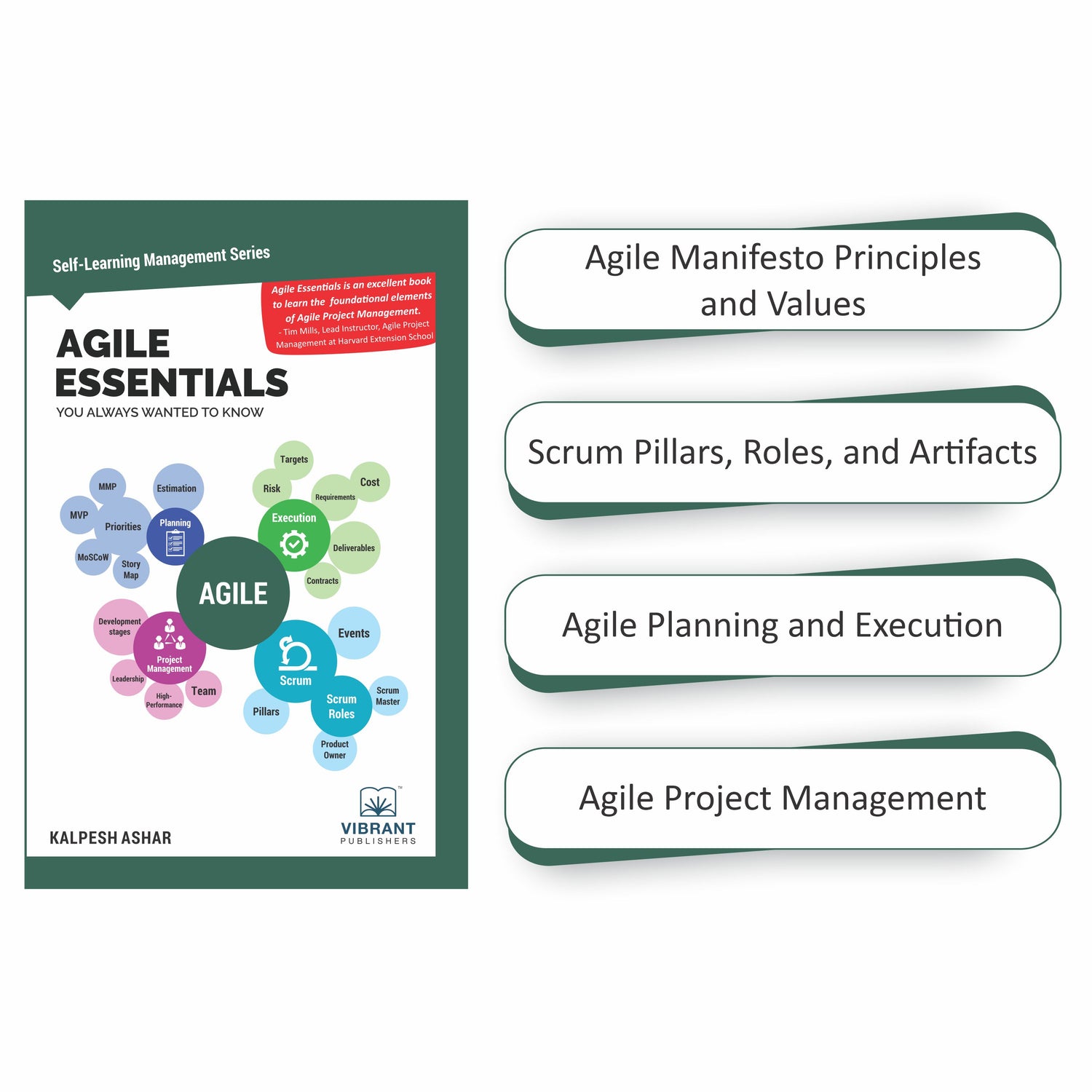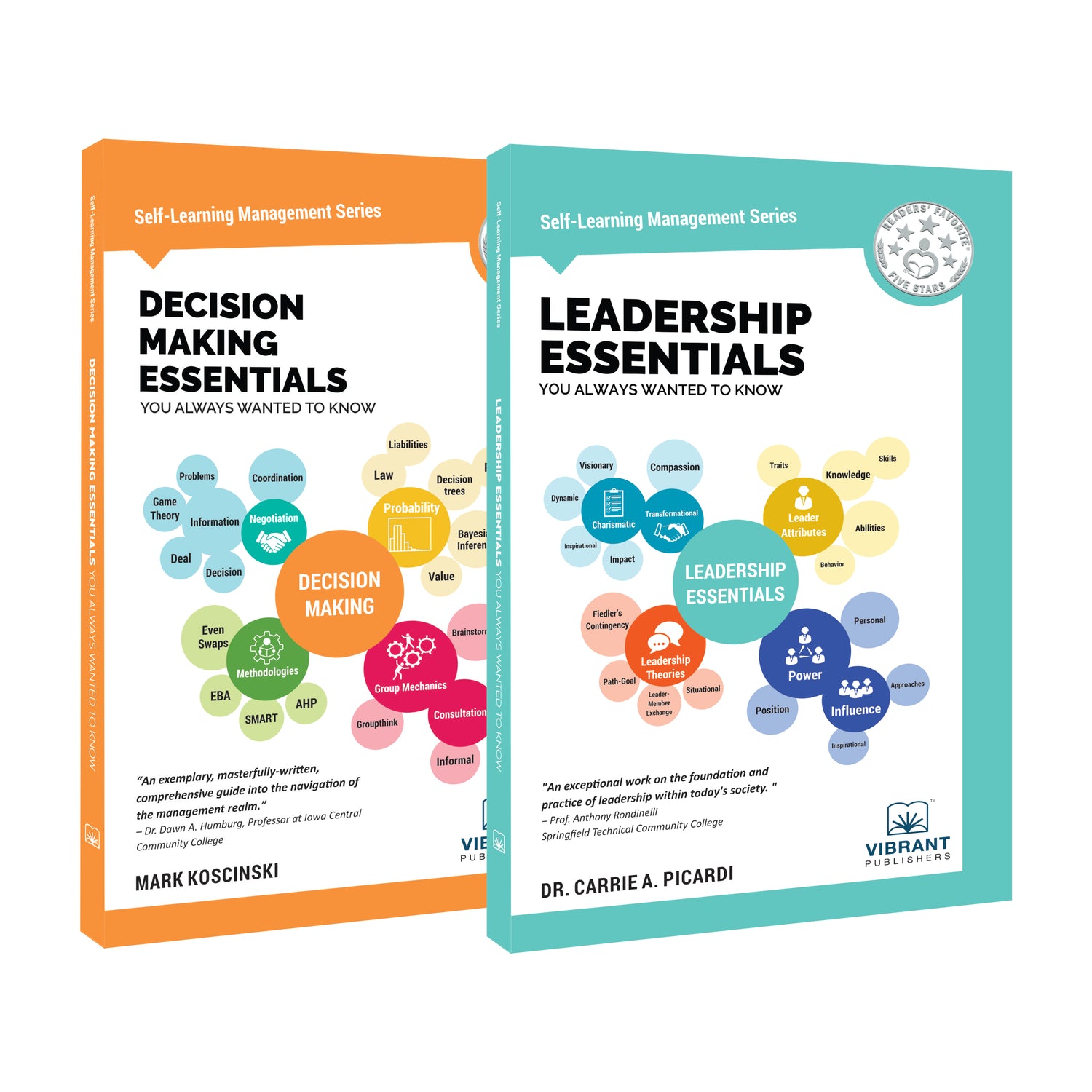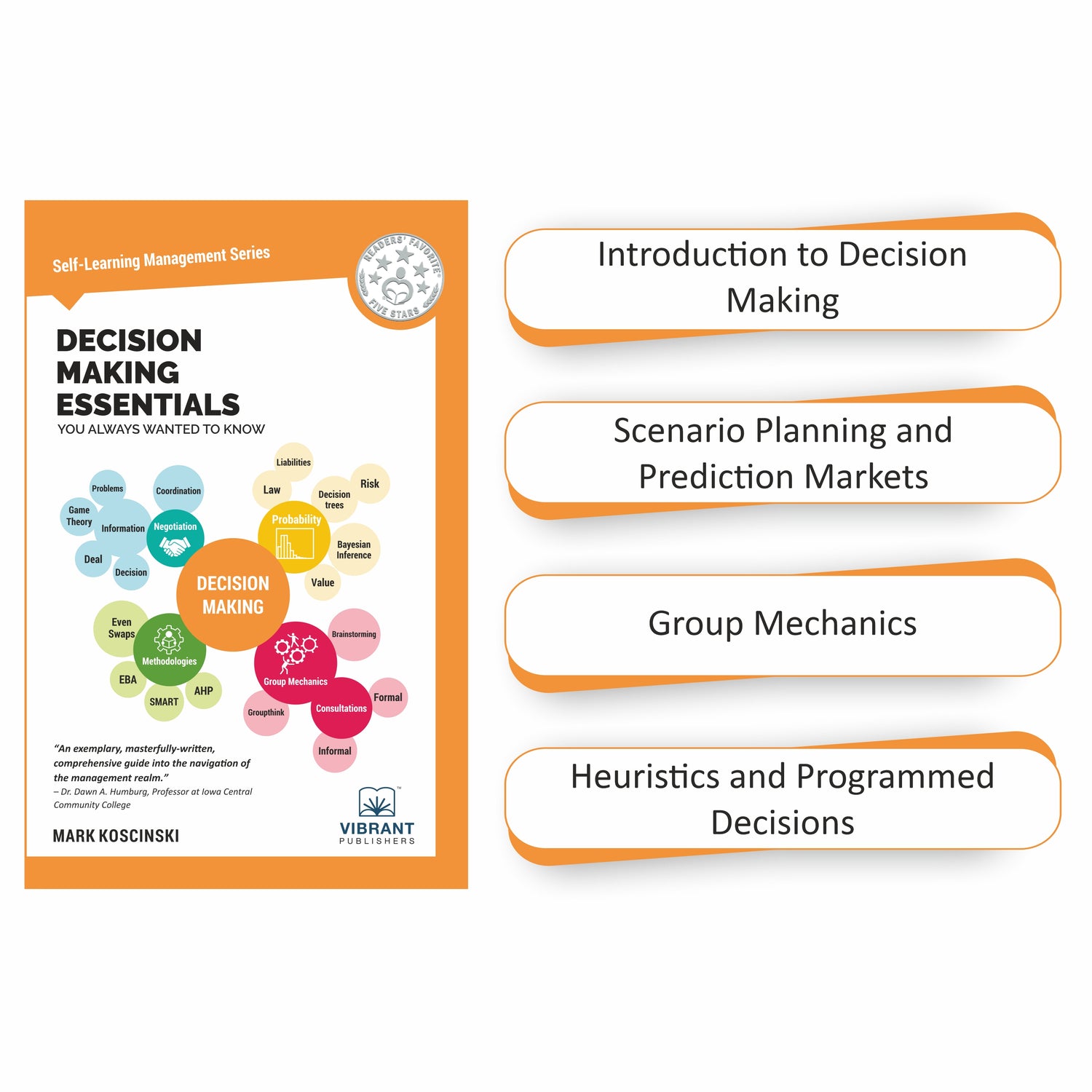
How to Write a Flawless Self-Learning Book?
Writing a book can often be a challenging process, be it in any genre. But when it comes to educational books, the challenges are far more complex and specific. A self-learning book is essentially a guidebook on any subject. It should come in handy and useful for anyone who wants to know more about that topic, be it career starters, professionals, or students. The major challenge while writing such books is making them unique, content-rich, and reader-friendly.
There are so many educational books in the market that you may worry yours will go unnoticed among them. As an author, you would want the knowledge and expertise you share with the world to reach as many people as possible. You would want to write the best self-learning book out there but to do so, you need a clear understanding of what you must include in your book and how you should go about the writing process. One needs to have an idea of what goes into creating a good educational book that will sell the best before taking on the task of writing it.
To make this daunting process simpler, we have created a checklist that will help you write a flawless book. This blog will give you an insight into what constitutes a well-written book from a publisher’s perspective. We at Vibrant Publishers have more than a decade of experience in publishing self-learning management books. Here are eight tips curated by us that will help you write a self-learning book that will appeal to a vast audience.

1. Make your matter concise and practical
A self-learning book on any particular subject should include a gist of that subject matter. It shouldn’t be too long that it becomes a textbook, nor should it contain only half information. Additionally, the matter should have some practical use in the reader’s life. Our ‘essentials’ books are meant for anyone who would like to learn about a subject either for study or for practical use in their day-to-day lives.
If you are a subject matter expert, you already know everything about your subject. But while writing a book, you need to do extensive thinking and research into what the readers will look for when they pick up your book. You need to jot down the important topics and practical information related to your subject and make sure that they have a place in your book.
2 .Structure your book in a reader-friendly way
Now that you have an idea of what your content is going to be, it is time to decide the structure or flow of the content. The first thing a reader looks at in an educational resource is the table of contents. Thus, it goes without saying that the table of contents, which describes the flow of your book, needs to be clear and well-structured.
Structure your book in a way that it flows smoothly from one concept to the next, so that there is no confusion in the reader’s mind while moving from one section to the next.
3. Carefully craft your titles and subheadings
The titles of every chapter and the subheadings in a chapter should be crisp and to the point. Avoid writing titles in flowery language or titles that are too long and wander off the point. Instead, write short titles that explain exactly what is included in that section. This will ensure that readers can locate a particular piece of information whenever they need it.
4. Develop an appropriate writing style
The trickiest part of writing a book is developing a suitable writing style. Your writing style cannot be too informal, and at the same time, it cannot be made completely of jargon that beginners won’t understand. You need to find a middle ground, a writing style that is easy to understand and engaging but also sounds professional.
A useful tip: Write as if you are explaining a particular concept to a class full of students. This will help you write in a conversational tone which will make it interesting to read.
5. Write to-the-point matter
Just like a class of students would lose interest if a professor deviates from the topic, a reader too will get confused if the text is too explanatory and changes focus points very often. Therefore, it is important to make sure that your matter is to the point and sticks to explaining just one concept at a time.
6. Include a variety of learning elements
Another challenge with self-learning books is that they cannot be just plain explanations. To give the best learning experience, a book needs to include a variety of learning elements.
Research and think about what elements would help make learning your subject more interesting. They could be case studies, quizzes, or fun facts. Use a combination of such elements in your book to improve the overall learning experience.
7. Use illustrations liberally
No one likes a book that is only filled with theory. You need to break the monotony of the book by adding illustrations. This will make your book more appealing even when one is just skimming through it. Moreover, illustrations help summarize your text or add more depth to it.
You can add pictures, diagrams, tables, flowcharts, or a mix of them in your book. These illustrations will elevate your self-learning book from a zero to a 10.
8. Decide your book’s USP
The above elements will make sure that your book is a great read, but they could overlap with other books in the market. What will make your book successful is its unique selling point or USP. This USP will set your book apart from the sea of books available in the market.
Ask yourself what will make my book stand out. What can I offer that no one else does? Answering these questions will help you find your USP. Then, you need to focus on your USP while writing so that you deliver the best book possible.
In conclusion, writing a self-learning book isn’t easy at all. It takes a lot of planning, practicing, and perfecting. If you keep in mind these few pointers, no one can stop you from writing a successful book.
But remember, practice makes perfect. It may be possible that your first draft isn’t as perfect as you would like it. Or you may struggle at a certain point in the writing process. We, at Vibrant Publishers offer you complete developmental support right from start to finish, to help you fine-tune your book to industry standards. If you’d like to know more about what we offer read our blog Why Should You Publish With Vibrant Publishers.
We hope this blog will help you in your writing process and that you are now confident to begin your book!
For more information on writing and publishing academic books check out our Author Resources
To begin your publishing journey with us, visit: https://www.vibrantpublishers.com/pages/publish-with-us
About Vibrant Publishers | Why You Should Trust Us
Vibrant Publishers is a one-stop destination for authors seeking to share their expertise with the world through a professional and streamlined publishing process. We are a Colorado-based publishing house, established in 2011, with a mission to produce high-quality books tailored for entrepreneurs, IT professionals, management experts, graduate students, and competitive exam aspirants. With 200+ published titles available in more than 100 countries, Vibrant Publishers has earned its place as a global leader in niche publishing.
We have worked with renowned authors like Jagdish Sheth, Dr. Michael Walsh, Mark Koscinski and other esteemed authors who are industry experts and distinguished leaders in their respective fields. Read more about them here. We’re part of a robust community of over 100,000 professors who highly commend our books and also review and adopt them. When you onboard with us as an author, you can be assured of exceptional support through all stages of publishing from editing, and book cover designing to printing, marketing, and distribution.
At Vibrant Publishers, we are committed to quality and excellence, making your publishing journey successful and rewarding.
Email us at reachus@vibrantpublishers.com to discuss publishing with Vibrant Publishers.
Share
